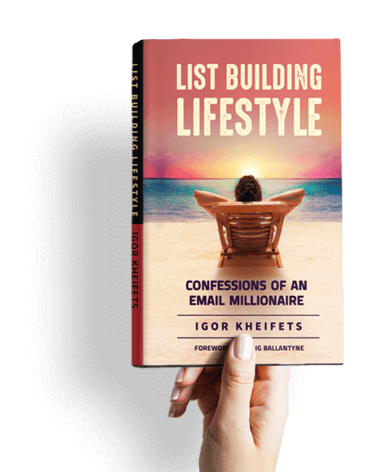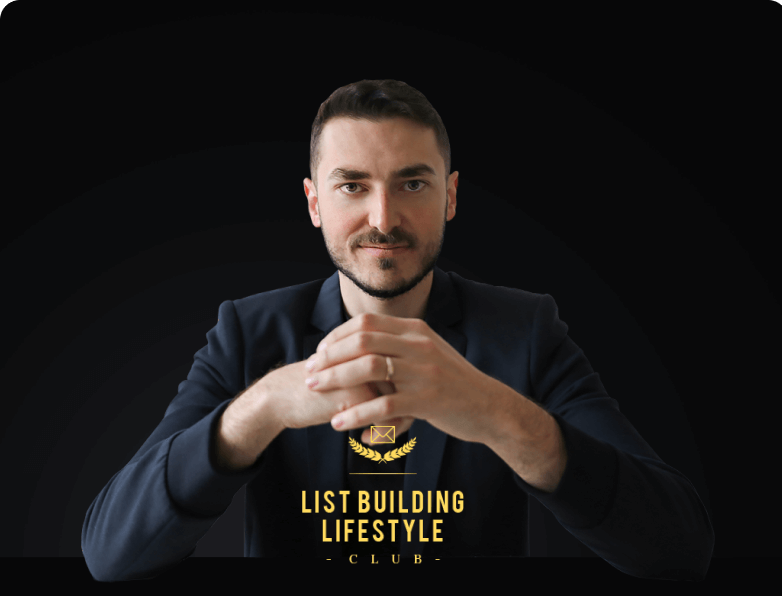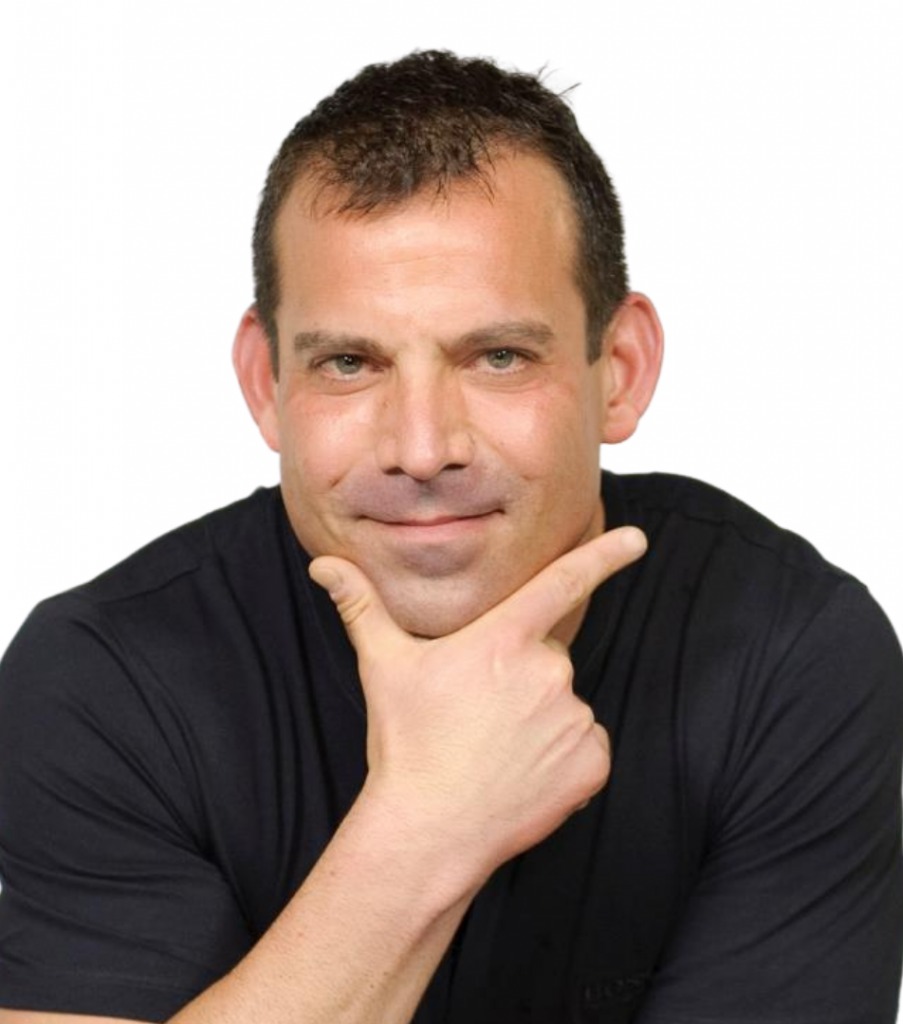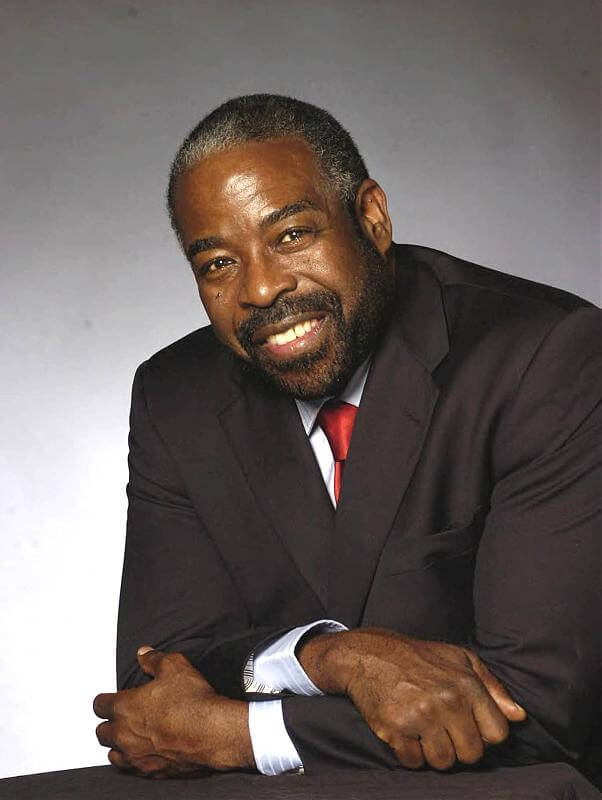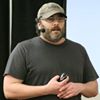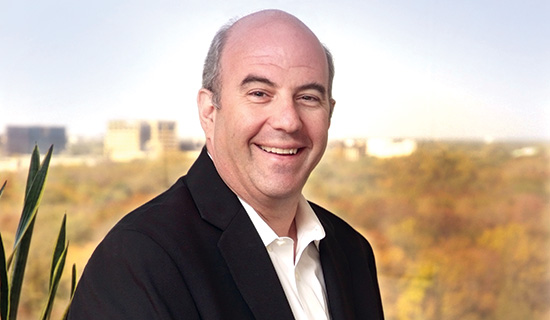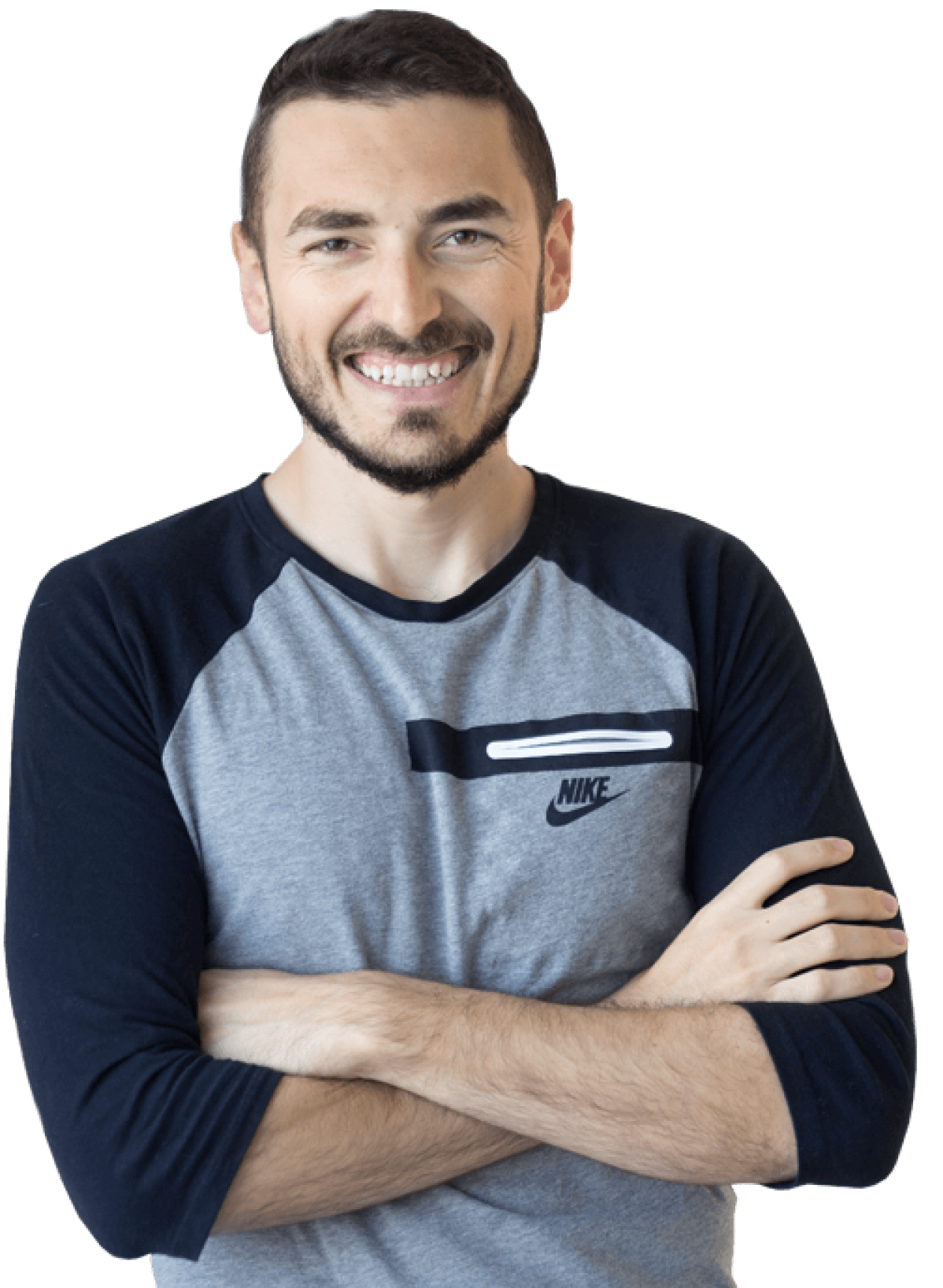Procrastination feels like laziness, but it’s really avoidance. Igor shares why indecision kills momentum, how to fight procrastination by making uncomfortable choices, and why tiny daily decisions build long-term success.
[01:03] The Scientific Secret of High-Achievers’ Mornings:
- Energy and willpower are finite daily resources, their allocation determines productivity, not just time management.
- High-priority work demands peak mental capacity, tackling critical tasks early in the day leverages natural willpower reserves before depletion.
- Nutrition directly fuels cognitive performance, balanced meals with slow-digesting carbs and healthy fats sustain energy, while sugar spikes and crashes sabotage focus.
- Stimulant tolerance is highly individual, what energizes one person may destabilize another; self-awareness around physiological responses is non-negotiable for sustained output.
- Passive consumption (TV, gaming, scrolling) exploits depleted willpower, structuring the environment to avoid temptation during low-energy windows is essential for discipline.
- Tracking daily inputs (food, media, time) reveals hidden drains and unlocks latent capacity for meaningful work without requiring drastic lifestyle overhauls.
[03:10] Your Shortcut to Instant Mental Clarity:
- High-stimulus digital content doesn’t just waste time; it actively degrades mental clarity, decision-making stamina, and moral or mission-aligned action.
- A 3-day detox from compulsive digital inputs acts as a diagnostic reset, revealing how deeply these habits hijack focus, emotional stability, and the capacity to execute on personal priorities.
- Self-mastery begins with naming the triggers, then mechanically eliminating access during vulnerable hours, transforming intention into irreversible environmental design.
[04:30] How a Meme Website Stole My Years:
- Infinite scroll platforms are designed to override intention, silently eroding deep thinking, creativity, and ownership of attention over time.
- Awareness without intervention is futile, noticing the reflex isn’t enough; breaking the loop requires physical interruption, plus repeated redirection until the neural pathway weakens.
- Distraction masquerades as connection or relevance, is still cognitive theft, substituting passive consumption for purposeful creation.
- The first days of blocking expose the addiction, resistance, repetition, and frustration are not failures; they’re proof the system is working, forcing rewiring through friction.
- Reclaiming focus means accepting that some tools must be removed, not moderated, because the cost of “just checking” is the slow surrender of agency, clarity, and original thought.
[06:17] The Secret Steve Jobs Knew About Success:
- Decision fatigue is a silent productivity killer, every trivial choice (like outfits) drains the same mental fuel needed for high-stakes, high-impact decisions.
- Strategic simplification isn’t laziness, it’s elite resource management: removing low-value decisions preserves cognitive bandwidth for what truly moves the needle.
- Outsourcing minor decisions is smart, not laziness, leveraging trusted input frees mental space without sacrificing quality, delegation is efficiency in disguise.
- The most powerful leaders don’t make more decisions, they make fewer, better ones by ruthlessly eliminating noise disguised as choice.
[07:34] Your Daily Supply of Smart Choices:
- Decision-making is a depletable cognitive resource, like a muscle, it fatigues with use, and once exhausted, even simple choices become burdensome or error-prone.
- High-leverage decisions must be scheduled during peak mental energy (typically early day), before trivial choices drain capacity.
- Micro-decisions are invisible productivity thieves, thousands of tiny calls (subject lines, tools, timing, meals, driving) accumulate into decision debt that cripples focus and momentum.
- Progress is built on decisions, not deliberation, forward motion in business and life requires embracing decision-making as the engine of action, not an obstacle to avoid.
- Automation, standardization, and delegation are force multipliers, reducing decision volume in low-stakes areas, freezing bandwidth for the few decisions that truly shape outcomes.
[09:27] The Secret Trait of Top Performers:
- Elite entrepreneurs don’t just make decisions, they chain them: each choice becomes a data point for the next, turning uncertainty into momentum through iterative action.
- Procrastination is decision avoidance in disguise, a psychological escape from discomfort, ambiguity, or perceived complexity, not laziness or poor time management.
- Avoidance always finds an outlet, distraction (gaming, scrolling, gossip, substances) is the brain’s default coping mechanism when faced with unresolved decisions.
- The cost of delay compounds, every postponed decision doesn’t just stall progress; it drains energy, invites more distractions, and erodes confidence in one’s ability to lead.
- Ownership begins with confronting the avoided, success in any domain belongs to those who face decisions head-on, even imperfectly, rather than outsourcing agency to distraction.
[10:38] When Learning Becomes the Problem:
- Knowledge consumption often masquerades as progress, but when used to delay action, it becomes intellectual procrastination, a sophisticated form of decision avoidance.
- Smart, capable people are most vulnerable to “research paralysis”, intelligence fuels the illusion that more information will eliminate risk, when in reality, clarity comes only through decisive action.
- Relationships, businesses, and breakthroughs aren’t fixed by passive learning, they’re transformed by courageous conversations and timely decisions no podcast can make for you.
[12:11] Procrastination’s Domino Effect:
- Avoidance doesn’t pause consequences, it compounds them. Delayed decisions in business, family, or finances don’t buy time; they deepen crises and shrink future options.
- Crisis demands clarity, not distraction, when relationships fracture, obligations pile up, or businesses decline, escape mechanisms offer temporary relief but accelerate collapse.
- Advice without action is self-deception, knowing the right move means nothing without the courage to execute; insight without implementation deepens frustration.
- Procrastination often wears the costume of optimism, “waiting for the tax refund,” “hoping things improve”, but passive hope is just avoidance rebranded as patience.
- Even self-aware avoidance is still avoidance, recognizing the pattern doesn’t break it; only action does. The gap between knowing and doing is where potential dies.
[16:13] Why Courage Beats Brilliance:
- The defining edge isn’t IQ or resources, it’s willingness to endure short-term discomfort for long-term alignment, especially when the stakes are personal, emotional, or existential.
- Decisiveness is a cultivated trait, not innate talent, it’s built through repeated commitment to hard conversations, unpopular choices, and irreversible actions, especially when fear or doubt screams louder.
- Avoidance masquerades as prudence, but true wisdom lies in discerning when more analysis helps versus when it’s just delay dressed up as strategy.
[17:34] Igor’s Book On Email Marketing:
Visit www.igorsbook.com to learn more.




